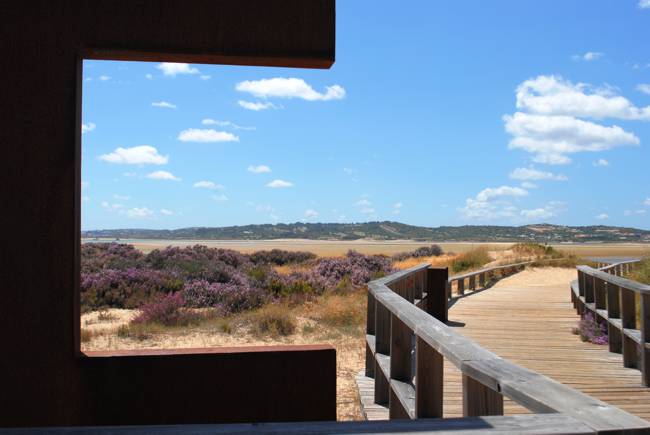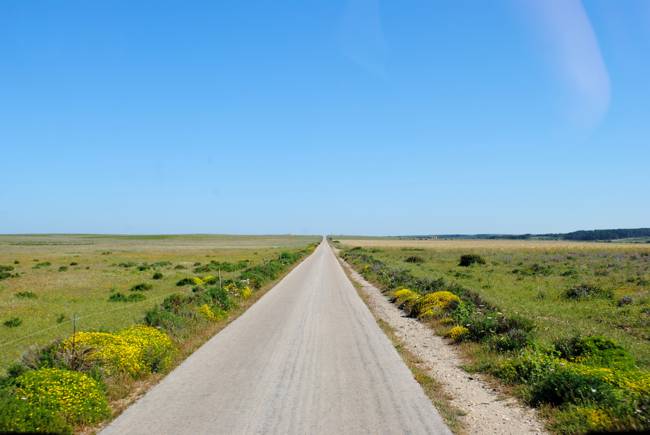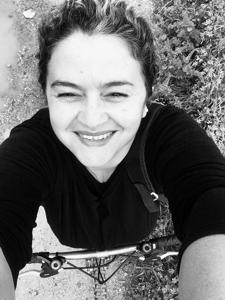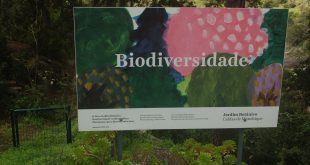Saturday, the 25th Abril 2020
A reflection by Dina Adão
Those who know me well know that I love the Algarve: most of all, I love what this region is capable of offering those who live here and those who will choose it for their future home. And yet there’s no denying that this region also reveals a series of bad examples and bad practices, perpetrated over the years and now ingrained as bad old habits that have proved to be profitable.
In 2003, when the publishing company I was working for decided to begin publication of the Guias Caleidoscópio – Passear e Conhecer, their aim was to produce a tourist guide to each of the Algarve’s 16 municipalities. Was the plan too ambitious? Why not?
After the Tavira guide, which came out around the time of the Euro2004 football championship, Caleidoscópio began publication of the Albufeira guide. At the first public launch of this guide, at the Library of what is considered the Algarve’s most tourist-centred municipality, a reader confided in me a comment that I have kept to myself ever since. “You know, this isn’t the Albufeira that I know, and this book runs the risk of being a complete fraud”. Well, the truth is that it was the Albufeira that I had chosen to know – and to recommend. As with everything in life, we choose where we want to go. Our conversation continued along these lines and I bade farewell to the lady, promising her that, if she looked for the places recommended in the book, they would be there for her to enjoy.

And this memory comes to mind now because I recently read an interview in the weekly newspaper Sol with the businessman André Jordan, the founder of the Algarve’s Quinta do Lago complex, in which he considered that Portugal couldn’t continue to promote mass tourism. Why? “(…) Because it isn’t sustainable, it isn’t profitable,” he said.
One of the solutions for the region, he added, would involve “transforming tourists into permanent tourists. People who would make Portugal their permanent base, or at least their refuge.” “After all,” he said, “we want to bring an end to global warming, but we’re receiving more and more planes, building more and more airports. It just isn’t affordable. (…) We’d be better off having a luxury hotel industry and high-quality tourists who pay more and can also pay better wages to the people working here.”
At a time when the Algarve hotel industry is already recording losses of over 300 million euros, and when companies receive almost 80% of their revenue exclusively from tourism, we know that it won’t be during the summer of 2020 that the economy will begin to recover.
I remember Issue No. 28 of ECO123, published last winter, whose cover displayed an incredible picture by Filipe da Palma, questioning the results of 50 years of Tourism in the Algarve. And now, where do we go from here?

We can’t go back to doing the same as before, which has already shown itself to be the wrong path. The results are clearly visible. I hope this BAUHAUS can help us to rise again from the ashes and create a sustainable form of tourism, and, what’s more, one that, as André Jordan said, will be able to pay a decent wage to those working in this industry. I hope that this pandemic crisis will serve as a wake-up call for our collective awareness, showing us that we need to consume less, that we need to create resources on a small scale, to feed – or create – local networks and communities, to go back. Going back doesn’t always mean regressing, and if there’s one thing that this virus has demonstrated to all of us, it is that we can, in fact, stop. If it is possible to stop, then let’s do so and rethink everything all over again.
 Eco123 Revista da Economia e Ecologia
Eco123 Revista da Economia e Ecologia


